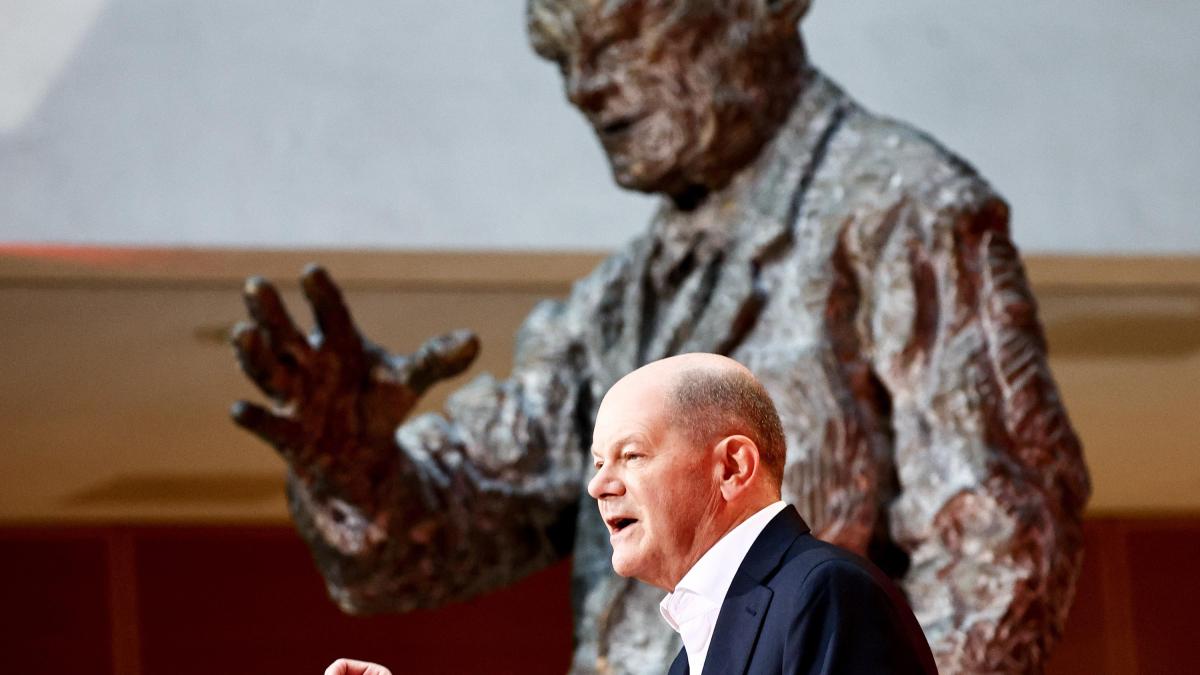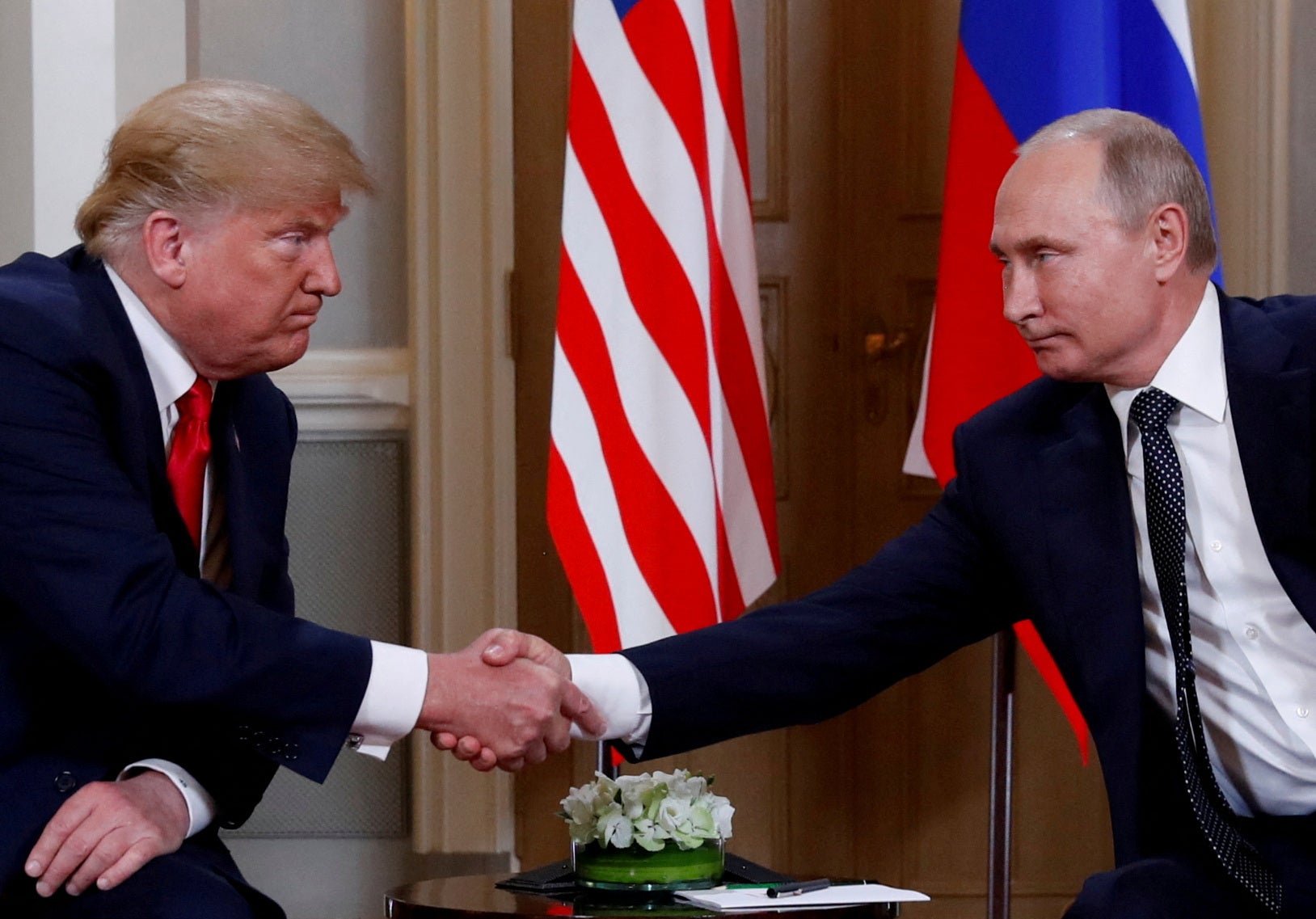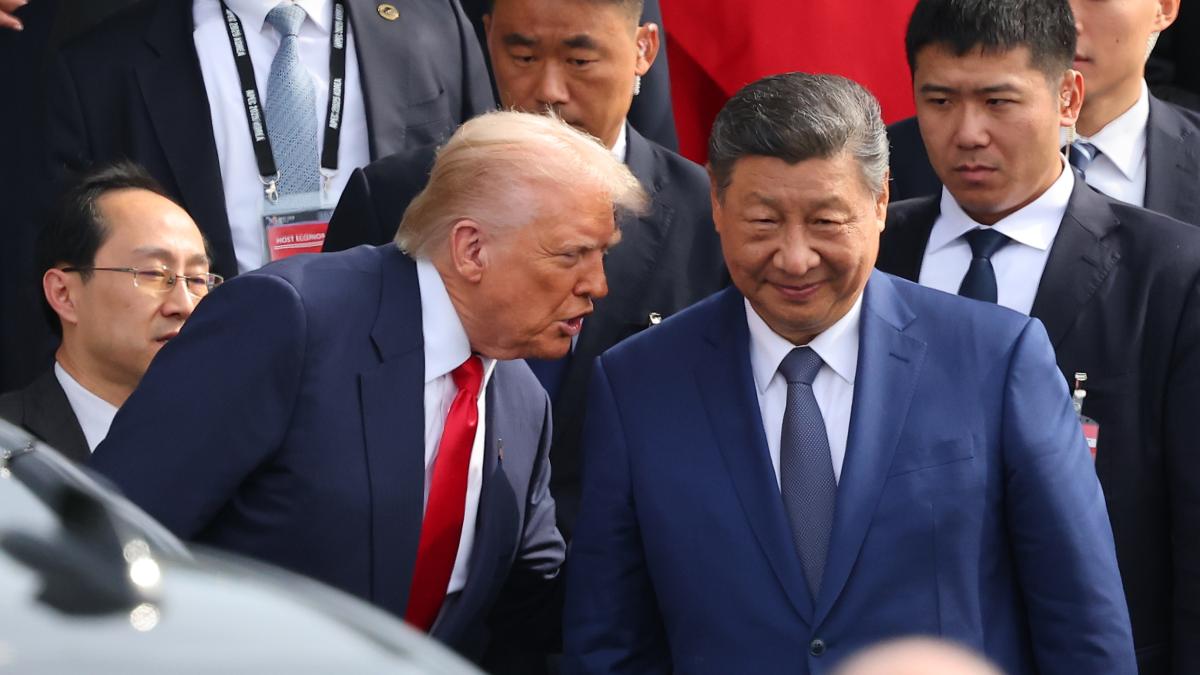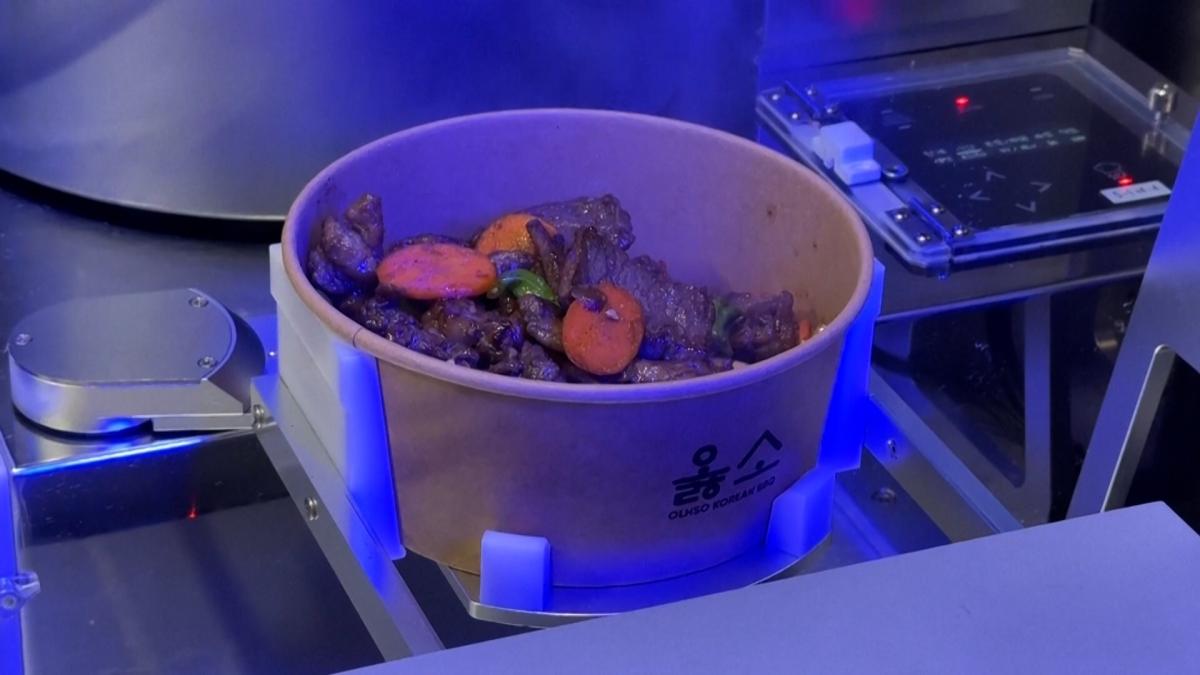“`html
Germany’s Future: Will Olaf Scholz’s Social Democrats Pull Off a Miraculous Comeback?
The embattled German Social Democratic Party (SPD), and its lackluster leader Chancellor Olaf Scholz, are clinging to hope as they gear up for the upcoming elections, desperately trying to stage a comeback amidst plummeting poll numbers. As the February 23 election date looms, Scholz proclaimed on Saturday at the SPD’s Election Victory Conference, “We have exactly 85 days left! We have no time to lose!” But can this sinking ship be salvaged?
As the latest polls reveal a grim picture for the SPD, with Conservative Friedrich Merz’s party leading at 32%, followed by the far-right AfD at 18%, and the SPD lagging with a mere 15%, Scholz’s claim that “We are the party of comebacks” appears more like wishful thinking than a factual statement. Wasn’t the 2021 election victory a fluke that the party simply cannot replicate?
Scholz Doubles Down: A Desperate Defense for Germany’s Economy
In his hour-long speech aimed at rallying his local representatives, Scholz proposed bold plans to invest in a struggling economy, as he looked to his two main talking points: the war in Ukraine and the financial well-being of the nation. Scholz insisted, “Germany’s future must not be ruined by excessive savings.” But what he really means is spending—blind, reckless spending.
Regarding the ongoing crisis in Ukraine, Scholz promised to “keep a cool head,” while criticizing Merz’s advocacy for sending Taurus missiles to assist Ukraine in its fight against Russia. “We are not going to play Russian roulette with Germany’s security,” declared Scholz, keenly aware that there is a significant portion of German voices opposing increased military action. It seems he’s trying to soothe a nation of skeptics while dodging the reality that his position might lead to higher risks as tensions escalate.
The Conflict of Interests: Debt Brake vs. Investment
In his economic strategy, Scholz plans to offer tax relief to businesses, suggesting a dubious investment fund of 100 billion euros to modernize Germany’s outdated infrastructure. This pits him against the fiscal conservatives who advocate for maintaining the debt brake, a law restricting state borrowing. By accusing the former Minister of Finance, Christian Lindner, of sabotaging the coalition, Scholz seems to be positioning himself as the hero who “showed him the door” for the greater good of the nation. But is that simply a diversion from his own party’s failings?
“New growth only comes from more investment,” asserted Scholz, conveniently ignoring the risks associated with such a strategy.
As Germany stands on the brink of important elections, one has to wonder: Can Olaf Scholz turn the tide for his party? Or is this just another tragic tale of an outdated political establishment trying to hold on to power while the nation demands real change? The answers lie ahead in this pivotal showdown. Keep your eyes open, because the outcome could shape Germany’s future for years to come.
In the world of politics, nothing is ever certain, but one thing is clear: the German Social Democrats’ comeback is as likely as a snowstorm in July—highly unlikely!
“`











